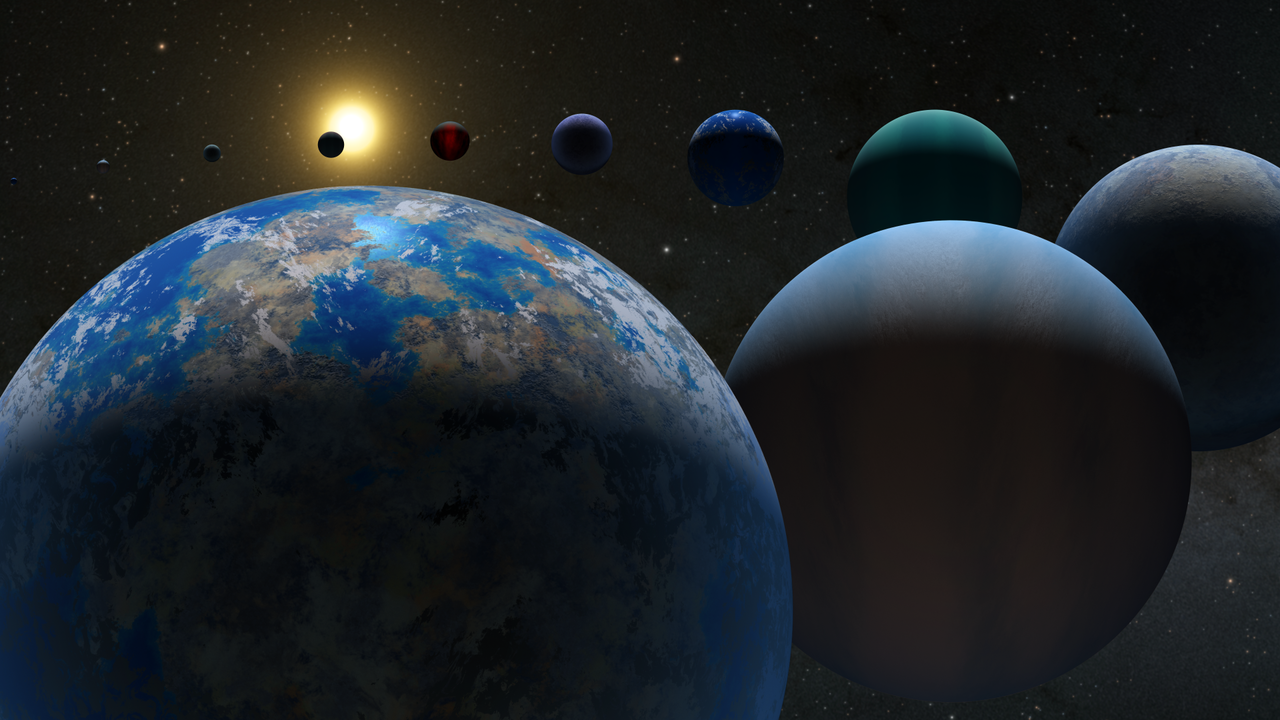Exoplanets are planets that orbit stars outside our solar system. They were first discovered in the mid-1990s, and since then, thousands of exoplanets have been detected. The discovery of exoplanets has revolutionized our understanding of the universe and provided us with a wealth of new knowledge about planetary systems and the possibility of life beyond our own planet.
The search for habitable exoplanets is an important area of research in astrobiology. A habitable planet is one that has the conditions necessary for life to exist, such as liquid water, a stable climate, and an atmosphere that can support life. So far, a few exoplanets have been identified as potentially habitable, but none have been confirmed to have life.
The methods used to detect exoplanets include the transit method, which detects the dimming of a star's light as a planet passes in front of it, and the radial velocity method, which detects the wobbling of a star as a planet orbits it. More recently, new methods have been developed, such as direct imaging and the detection of exoplanet atmospheres.
The study of exoplanets has provided insights into the diversity of planetary systems and their formation. Exoplanets come in all shapes and sizes, and some have unusual characteristics, such as gas giants that orbit extremely close to their star. The study of exoplanet atmospheres has also provided insights into how planets form and evolve over time.
The search for habitable exoplanets has captured the public's imagination and sparked interest in space exploration. The discovery of a potentially habitable exoplanet could be a game-changer in the search for extraterrestrial life. It could also provide insights into how life might evolve on other planets and help us to understand our place in the universe.
Overall, the study of exoplanets and the search for habitable worlds has opened up a new frontier in astronomy and astrobiology. It has provided us with a deeper understanding of the universe and sparked new avenues of research into the possibility of life beyond our own planet.

